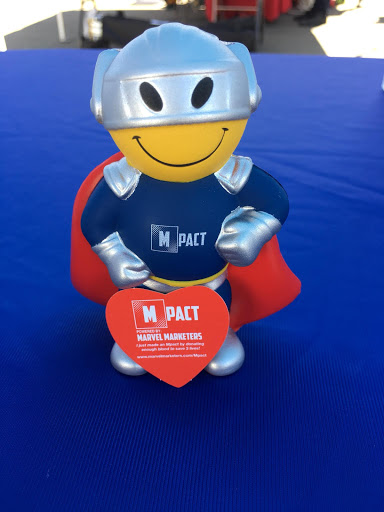Take a look at one of the Marketo Blog’s most shared posts of 2013!
Models and emails and forms and posts
What aspects of Marketing Automation matter most?
Spreadsheets, fields and dashboards galore
The more behavior, the higher the score
Target-em, nurture-em convert them all
No lead left behind, opp size large or small
A sprinkle of buy-in from the Boss
Just a dash of Jon’s Secret Sauce
All efforts suggest an automation win
But most folks forget just one important thing
While funnels and levers mark the spot
Without benchmarks and reporting, you’ve really missed the mark
Insights give you a decision tree
Allowing Marketing to be justification free
Don’t be afraid of numbers they don’t bite
But not quantifying your efforts absolutely might
Start slow, think big, iterate
Data baby steps are a piece of cake
So before you activate your automation triggers
Map out your reporting with the same rigor
Pick your favorite metric and start there
Once you get the hang of it Automation ROI Beware!
The original post can be found here.













